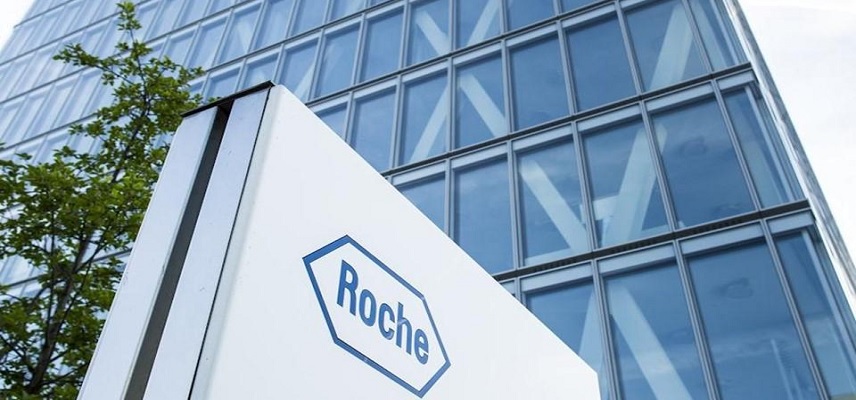No notifications yet

European Commission grants marketing authorisation to Roche’s Ocrevus SC to treat relapsing multiple sclerosis and PPMS
Roche announced that the European Commission has granted marketing authorisation for Ocrevus (ocrelizumab) subcutaneous (SC) for the treatment of relapsing multiple sclerosis (RMS) and primary progressive multiple sclerosis (PPMS). Ocrevus SC is a 10-minute injection that maintains the same twice-yearly schedule as the previously approved intravenous (IV) infusion. More than 350,000 people with multiple sclerosis have been treated with Ocrevus IV globally.
Ocrevus SC combines Ocrevus with Halozyme Therapeutics’ Enhanze drug delivery technology.
Ocrevus is the first and only therapy approved for both RMS (including relapsing-remitting multiple sclerosis [RRMS] and active, or relapsing secondary progressive multiple sclerosis [SPMS], as well as clinically isolated syndrome [CIS] in the US) and PPMS.
OCARINA II (NCT05232825) was a Phase III, global, multicentre, randomised study that evaluated the pharmacokinetics, safety and clinical and radiological efficacy of the subcutaneous (SC) formulation of Ocrevus compared with Ocrevus intravenous (IV) infusion in 236 patients with relapsing multiple sclerosis (RMS) or primary progressive multiple sclerosis (PPMS).
Roche is investigating more than a dozen medicines for neurological disorders, including:

Sick and tired of always wondering if you are being asked to pay the right price for your APIs? This empowers you with the answers you need to make the right decisions in the Global API market.
Chemxpert Database is one of the biggest and most comprehensive directories of pharma and chemicals, manufacturers, suppliers and information. Provided with current information on prices, demand and transactions, it gives you instant feedback on whether you are buying what is right and at the right time.
Start using market intelligence today and allow yourself to be in control in the API market.
Check it out today and make more informed sourcing decisions! Learn More!
